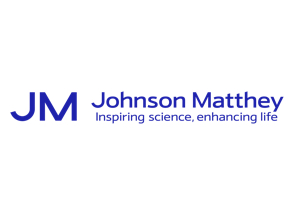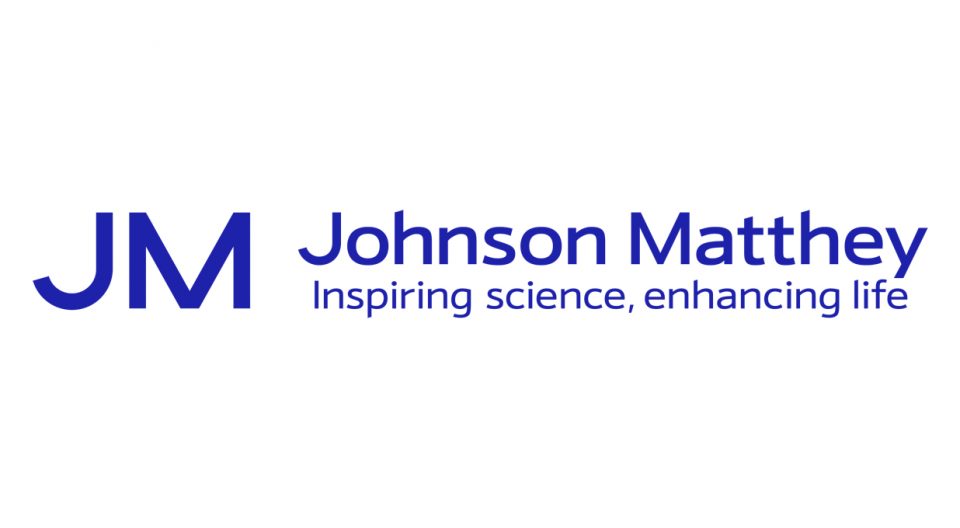
No recommendation
No news or research item is a personal recommendation to deal. All investments can fall as well as rise in value so you could get back less than you invest.
Following a strategic review, Johnson Matthey announced the sale of their Health business to Altaris Capital Partners for a total of £325m. The group’s expecting £150m in cash on completion, whilst retaining a 30% stake in the business. There’s another £50m contingent on performance targets and a further £50m as a deferred debt instrument.
The sale’s expected to give rise to a loss on disposal in the region of £200m and is expected to close in mid-2022 following regulatory approval.
Robert MacLeod, Chief Executive of JM, said: ”Health operates in different markets from the rest of JM, and we believe Altaris is the best partner to drive its future value”.
The shares were broadly flat in early trading.
View the latest Johnson Matthey share price and how to deal
Our View
Johnson Matthey is the leading manufacturer of catalytic converters – the clever bits in car exhausts that strip out the worst emissions. A sizeable business recycling old automotive-catalysts only increases overall automotive exposure. That makes the shift to electric vehicles a serious concern – since electric cars don’t have exhausts.
JMAT’s response was to pivot to become a battery material manufacturer – and it seemed to be making headway. That was until management scrapped the plans out of the blue and went back to the drawing board. To say the market was taken by surprise is an understatement, and the group recognised a £314m impairment taking the carrying value of the business down to £0.
The announced sale of the Health business is another mark of a company that’s stripping back to its core business. It’ll raise £150m in cash when completed and save another £150m in planned capital expenditure over the next three years. But the impairment charge of £200 will impact the bottom line and we’ll have to wait until May 2022 to find out what the group will do with the extra cash.
On the bright side, these should cause very little disruption to the group’s overall operations. The entire New Markets division, where the project’s housed, makes up just 1.8% of underlying operating profits. And Health was loss making at the half-year mark. The rest comes in near equal parts from Efficient Natural Resources, which provides platinum group metals to a range of industries and the catalytic converter business–which although under siege, isn’t going to dry up immediately.
Healthy cash generation from the converter business, together with a relatively strong balance sheet and the profits from the sales of glass and health divisions, mean JMAT will have the financial firepower to execute a new strategy.
Management are looking at ways to expand their presence in hydrogen technologies and decarbonising the chemicals value chain. There are signs of progress in half year results. But the group is growing from a low base. The entire Catalyst Technologies business only generated sales of £223m in the first half, versus £1.2bn in Clean Air. True margins are better, but that only makes up part of the difference.
Fortunately, traditional cars won’t go the way of the dodo for some time. And in the meantime, the automotive business is generating significant cash flows. So significant in fact, that management have started a £200m share buyback scheme. Unusually, we find that a little concerning. With a need to spark rapid growth in the non-automotive divisions the fact management can’t find profitable investment opportunities for that £200m is concerning. Even reducing debt would have kept the cash on hand for future deployment.
Longer term, with the EV (Electric Vehicle) revolution gathering pace, JMAT needs to move quickly if it’s to align itself with a greener auto market. Embarking on a new business venture is expensive and there’s no guarantee it will pan out, but ultimately the group needs to find new avenues for growth.
Adding to the uncertainty is the departure of CEO Robert MacLeod. His replacement, Bayer’s Liam Condon will have his work cut out as he takes the helm of a ship without a clear direction. The transition may be coming at the right time though, a fresh pair of eyes could be just what JMAT needs. The core business is humming for now, but for how much longer?
Johnson Matthey key facts
- Price/Earnings ratio (next 12 months): 8.9
- 10-year Average Price/Earnings ratio: 14.1
- Prospective dividend yield (next 12 months): 4.1%
All ratios are sourced from Refinitiv. Please remember yields are variable and not a reliable indicator of future income. Keep in mind key figures shouldn’t be looked at on their own – it’s important to understand the big picture.
Register for updates on Johnson Matthey
Half Year Results (24/11/21, Constant Exchange Rates)
Johnson Matthey (JMAT) reported first half sales of £1.9bn, up 21% year-on-year thanks to strong recovery in Clean Air and Efficient Natural Resources.
Underlying operating profits more than doubled to £293m, ahead of pre-pandemic levels thanks to strong sales and higher precious metal prices.
The group has agreed the sale of its Advanced Glass Technologies business for £178m and is in discussions about a potential sale of its Health business.
The board has agreed an interim dividend of 22.0p per share, up 10% year-on-year. The board has also agreed a £200m share buyback.
Clean Air reported a 24% rise in sales to £1.2bn, with very strong growth in diesel catalysts, particularly for heavy duty vehicles. Operating profits in the division rose 103% to £150m, reflecting the benefits of operating leverage and efficiency savings achieved during the pandemic. The division would have performed even better were it not for chip-shortages hitting production at automotive manufacturers.
In Efficient Natural Resources sales rose 33% to £523m, with operating profits up 129% to £197m. That reflects very positive results in Platinum Group Metal Services, thanks to high and volatile metal prices, while Catalyst Technologies saw strong ammonia and methanol catalyst sales.
Health sales fell 26% to £83m, with the division moving from a £15m profit last year to a £4m loss. Other Markets reported revenues of £191m, up 5%, with an operating loss of £11m.
The group has made ”good momentum” across its hydrogen businesses, including both fuel cells and green hydrogen. The group is also seeing increased interest in its industrial catalysts designed to reduce fossil fuel inputs in chemical manufacturing.
Free cash flow in the half came in at £189m, down from £256m in the same period last year, largely due to higher non-precious metals working capital. The planned disposal of Battery Materials means full year capital expenditure guidance has fallen from £600m to £450m.
Net debt at the end of the half was £699m, £76m lower than the start of the financial year. That’s well below the group’s target range.
Find out more about Johnson Matthey shares including how to invest
This article is original Hargreaves Lansdown content, published by Hargreaves Lansdown. Unless otherwise stated estimates, including prospective yields, are a consensus of analyst forecasts provided by Refinitiv. These estimates are not a reliable indicator of future performance. Yields are variable and not guaranteed. Investments rise and fall in value so investors could make a loss.
This article is not advice or a recommendation to buy, sell or hold any investment. No view is given on the present or future value or price of any investment, and investors should form their own view on any proposed investment. This article has not been prepared in accordance with legal requirements designed to promote the independence of investment research and is considered a marketing communication. Non-independent research is not subject to FCA rules prohibiting dealing ahead of research, however HL has put controls in place (including dealing restrictions, physical and information barriers) to manage potential conflicts of interest presented by such dealing. Please see our full non-independent research for more information.


